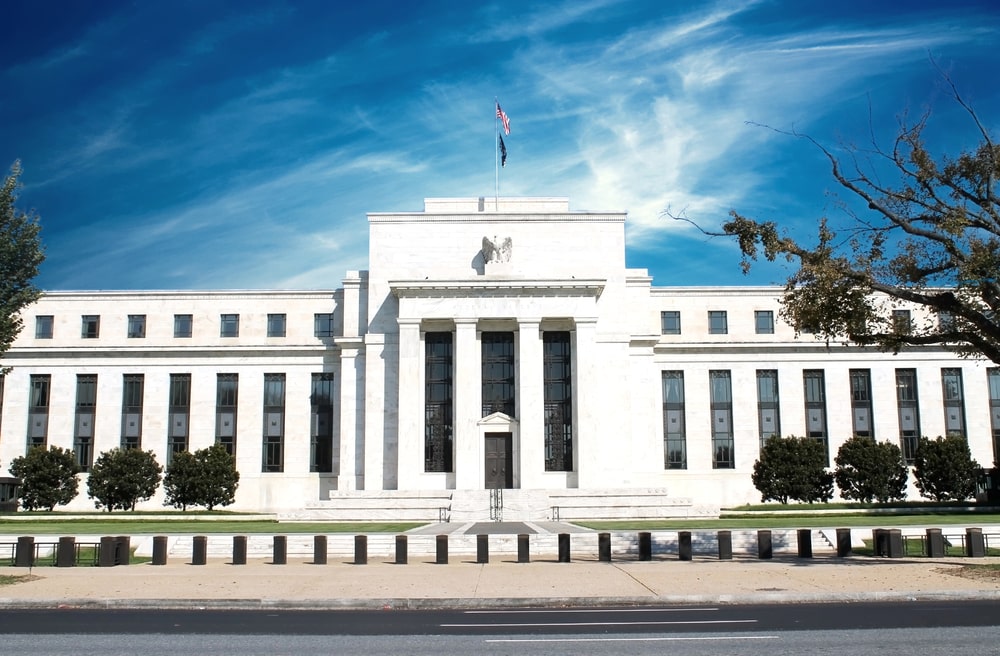
Monetary Policy & Inflation | US

Monetary Policy & Inflation | US
The evolution of the SEP end-2023 inflation and unemployment forecasts shows the Fed is much more focused on the employment than on the inflation leg of its mandate (Chart 1).
This article is only available to Macro Hive subscribers. Sign-up to receive world-class macro analysis with a daily curated newsletter, podcast, original content from award-winning researchers, cross market strategy, equity insights, trade ideas, crypto flow frameworks, academic paper summaries, explanation and analysis of market-moving events, community investor chat room, and more.
The evolution of the SEP end-2023 inflation and unemployment forecasts shows the Fed is much more focused on the employment than on the inflation leg of its mandate (Chart 1).
Chair Powell announced at the July meeting that the FOMC was slowing the pace of rate hikes. This made me expect a rate hike every other meeting from previously every meeting, i.e., a rate hike in July and in November (FOMC Review: Still a Dovish Meeting).
Meanwhile, the tightening of credit conditions remains in line with previous Fed tightening cycles, and credit demand is weakening (Charts 8 and 9; The Recovery Is Not Credit Dependent).
Falling energy prices continue to mask strong underlying inflation dynamics (Charts 10-13).






Spring sale - Prime Membership only £3 for 3 months! Get trade ideas and macro insights now
Your subscription has been successfully canceled.
Discount Applied - Your subscription has now updated with Coupon and from next payment Discount will be applied.